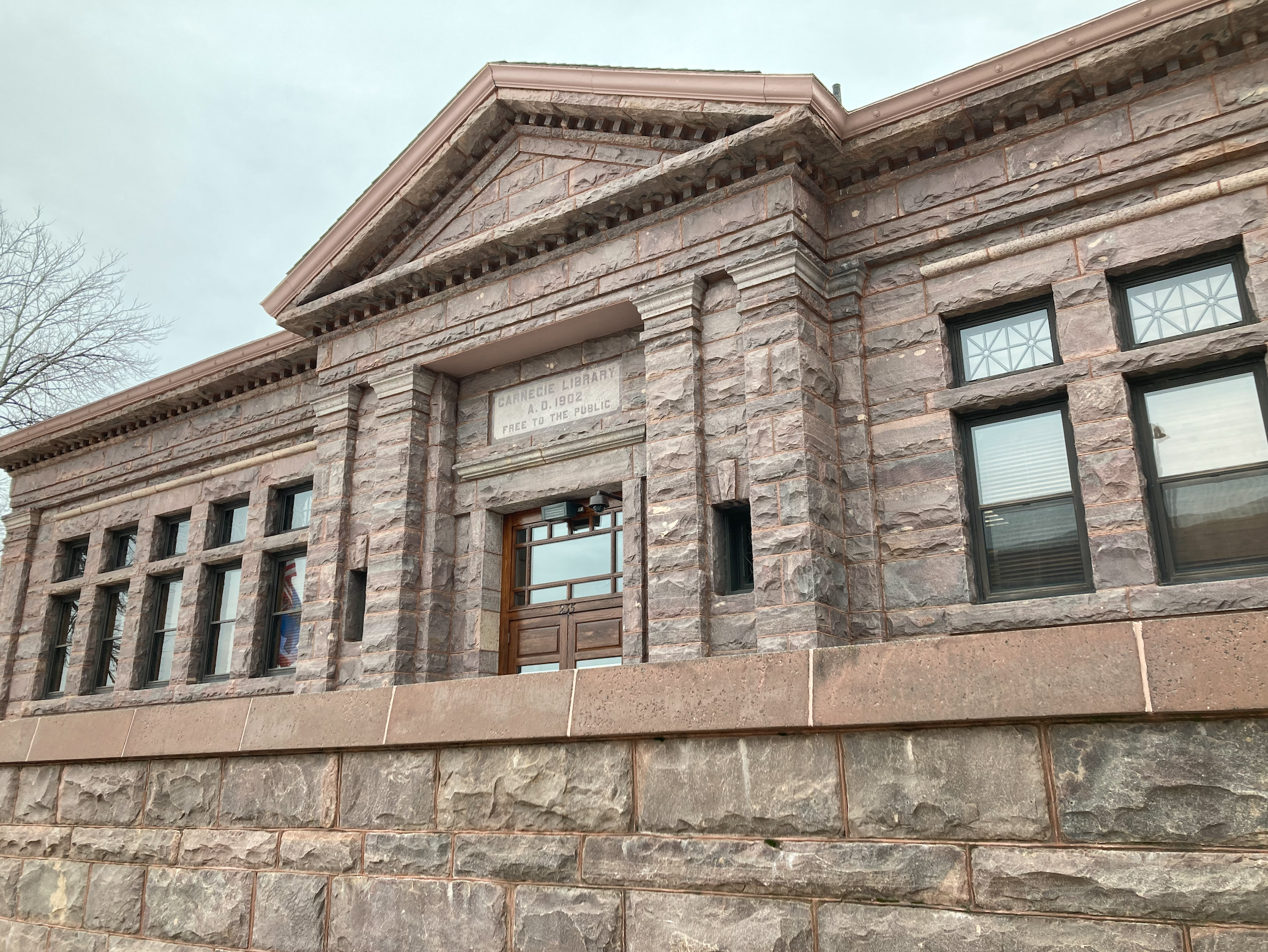Simplified: The Sioux Falls City Council is looking to weigh in on property tax reform discussions in Pierre, as well as voicing support for ensuring water access, airport expansion and more. Here's an early look at 2026 legislative priorities.
Why it matters
- It makes sense that property taxes are top-of-mind because they make up a significant chunk of the city's annual budget and fund a lot of city services. Right now, Sioux Falls is the only city in the state that already refunds property taxes to those who qualify for the state's assessment freeze program, and councilors are looking to expand that option to more communities across South Dakota.
- Councilors also agreed to take a similar tack as they have in recent years of bringing only a handful of priorities to state lawmakers in the hopes that they'll have more of an impact.
- That's been moderately effective, though state lawmakers in the 2025 session defeated bills related to city priorities about airport funding, childcare assistance and funding for school safety.
- Other priorities discussed for next year include more funding for the Dakota Mainstem project, which helps shore up a clean water supply for the state into the future; additional supports for folks coming out of incarceration; traffic cameras; airport expansion and more.
"These decisions that we make about these priorities really do matter," Councilor David Barranco said. "They will be taken seriously by our partners statewide and they will be taken seriously by the ladies and gentlemen that represent us in the Capital."
Tell me more about the issues discussed
Property tax reform
Tuesday's discussion marks the very early stages of the council's look at legislative priorities for the 2026 state legislative session, but it also sets the stage for what's likely to be a major tension between city and state officials: property tax reform.
- City staff, including Finance Director Shawn Pritchett, have said many times that cuts to property taxes will impact the city's ability to deliver services.
Councilor Curt Soehl even went so far as to ask Pritchett if there's anything the council can do right now to start bringing up the importance of property taxes in funding local services.
"Is there anything that we could do to be more proactive to get this out there and do away from the just across-the-board property tax (cuts)?" Soehl said, referring to lawmakers and statewide candidates who are talking about broad property tax cuts.
Airport expansion
Councilors also discussed the need for more state support for the Sioux Falls airport, citing the airport as a driver of economic growth.
Impacts of a new prison
Additionally, the council talked about the plans for the state to build a new $650 million men's prison in Sioux Falls. Councilor Jennifer Sigette called on the state to offer more support to the city for services around parole, reentry, etc.
"I'd like to be fairly vocal," Sigette said. "If we're gonna take this on – no other community wanted it – and if we're going to take it, I think the state has an obligation to at least think about helping us."
Councilor Ryan Spellerberg also noted that the prison could lead to ongoing costs for the city, and he'd like to see the city research what those costs might be and ask the state for ongoing support.
What wasn't talked about?
A couple of items that were listed as priorities last session didn't come up at all during Tuesday's initial priority discussion.
- That includes childcare assistance for childcare workers – which was shot down by Gov. Larry Rhoden after passing both chambers during the 2025 session.
- Another 2025 priority that didn't come up Tuesday was school safety grants. A $10 million funding request was denied by lawmakers in the last session.
What happens next?
The council will develop a provisional resolution that will be used to help guide the priorities of the South Dakota Municipal League as their committees meet in August.
- Then, the council will come back in the fall to review the resolution and take a final vote in November ahead of the start of the legislative session in January.


